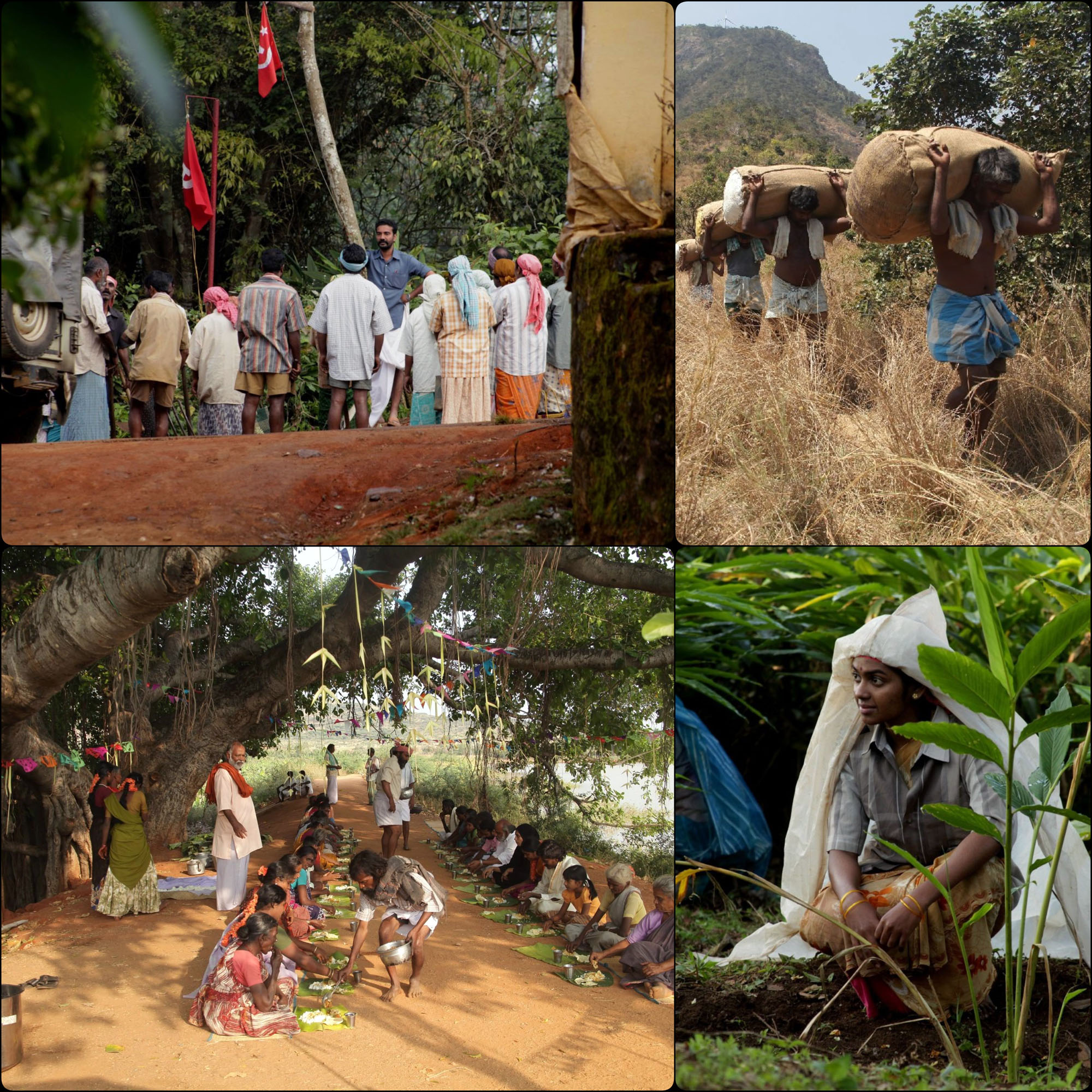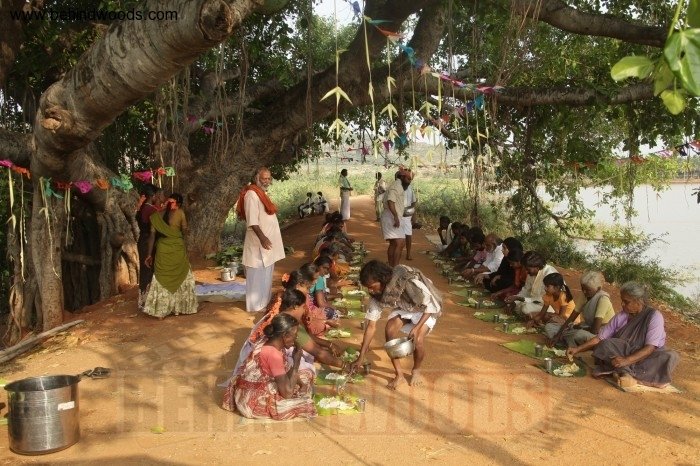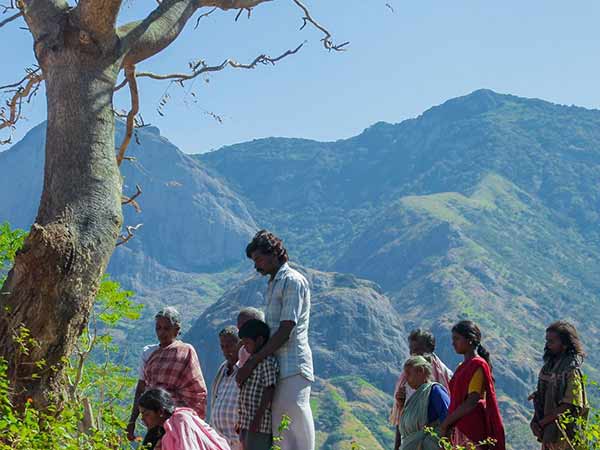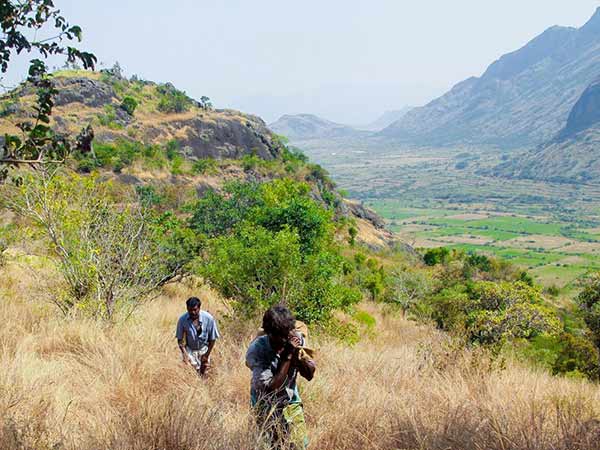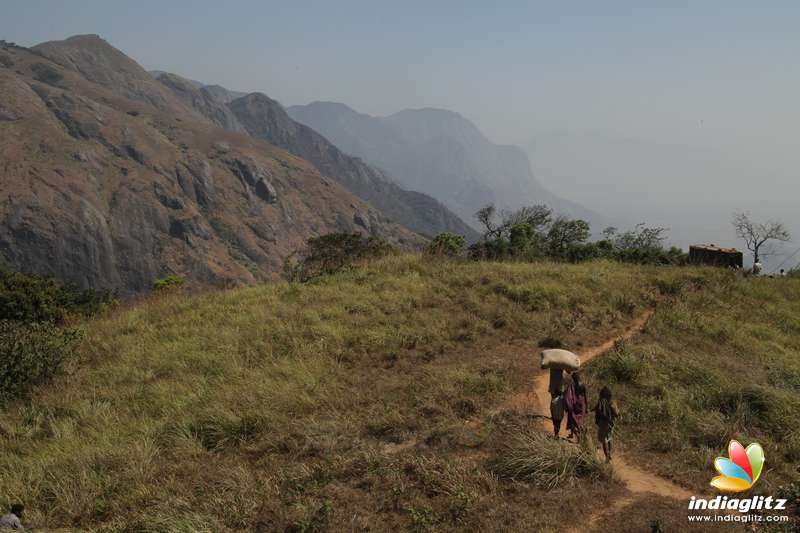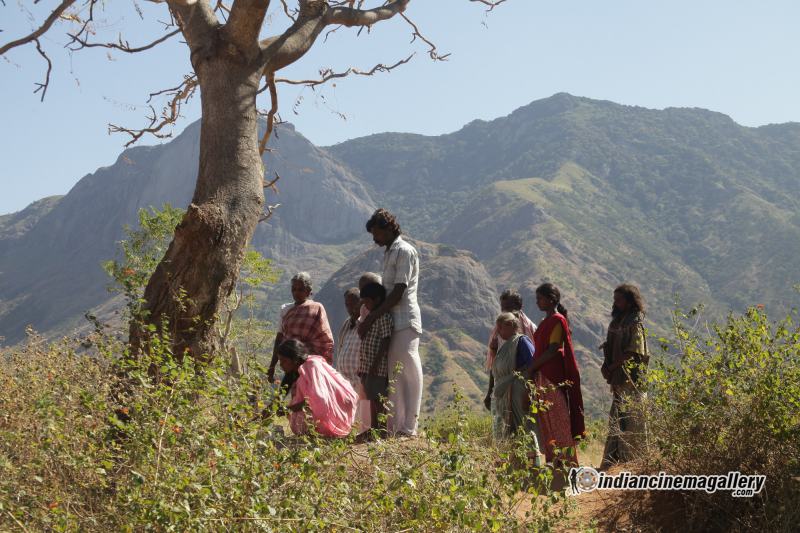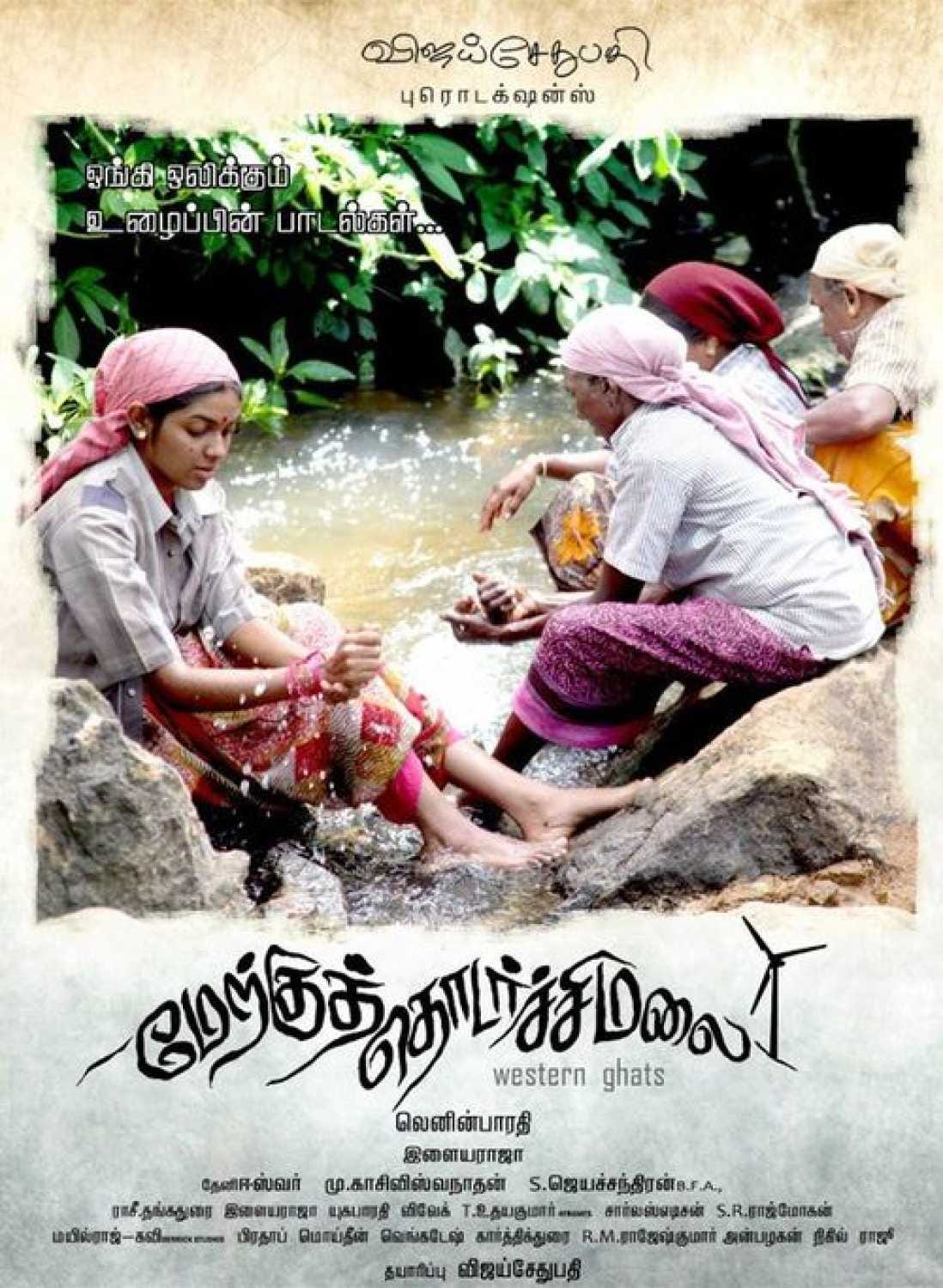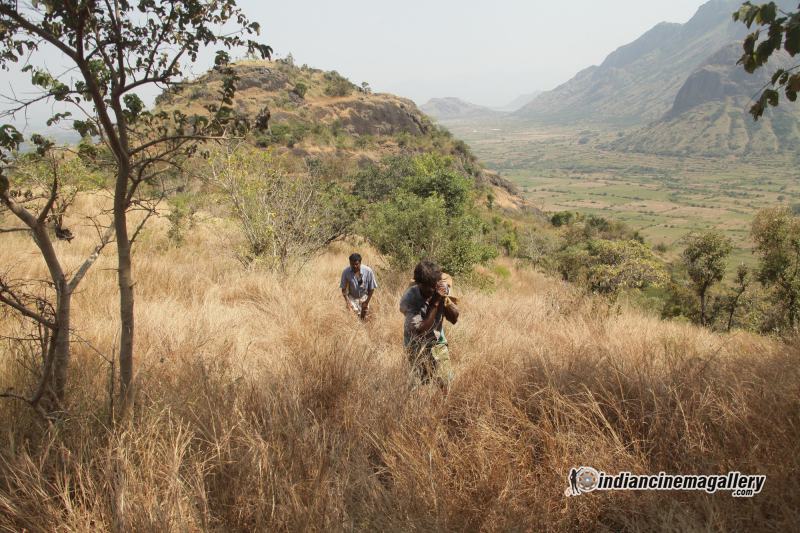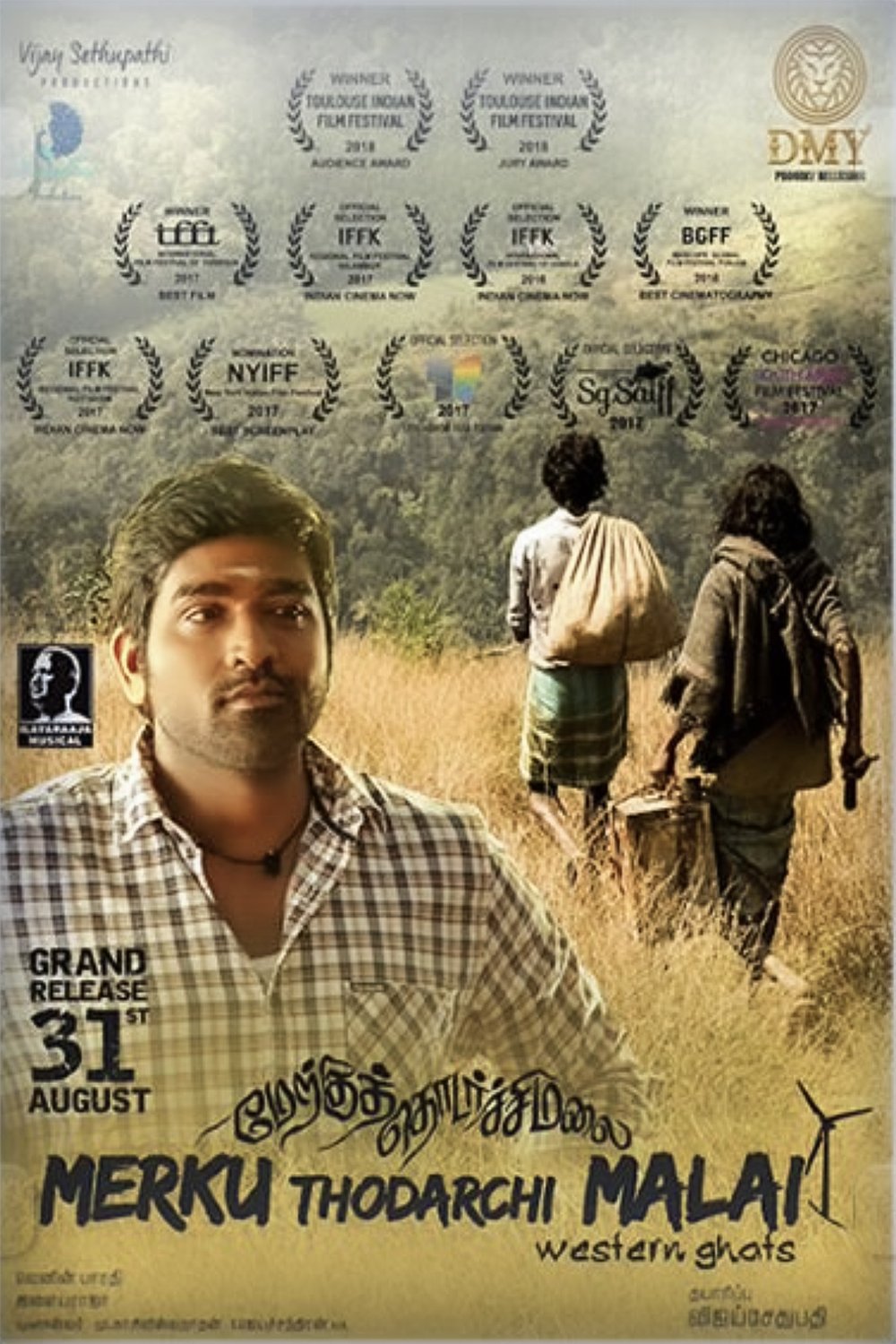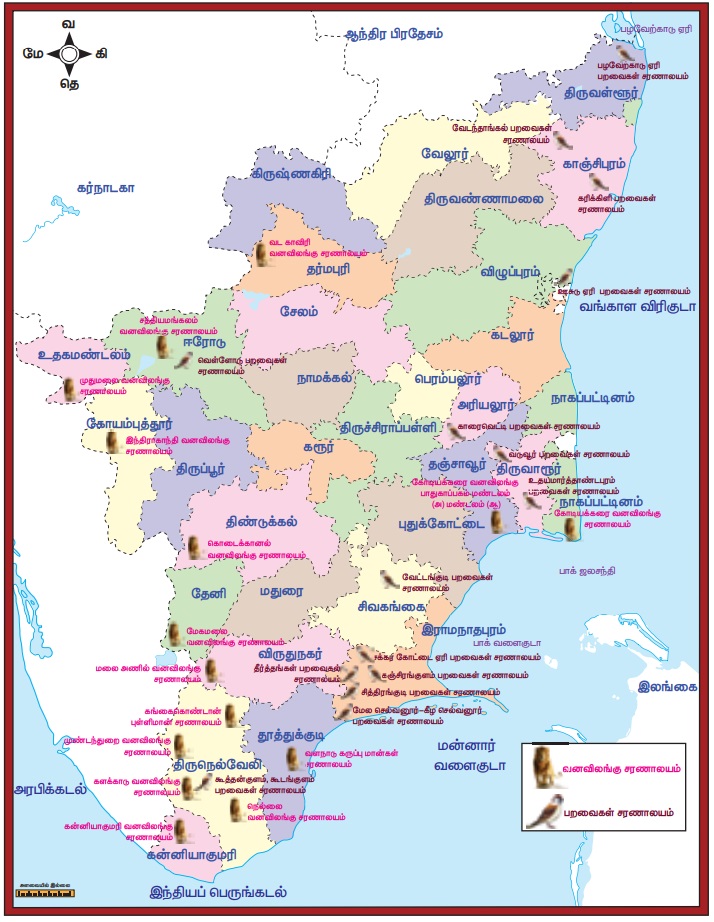Merku Thodarchi Malai Places In Tamilnadu

The Western Ghats, locally known as Merku Thodarchi Malai, stand as a vital lifeline for Tamil Nadu, a verdant tapestry woven with biodiversity and hydrological significance. These ancient mountains, older than the Himalayas, are facing increasing pressure from human activities, threatening the delicate balance of the ecosystem and the well-being of millions who depend on them.
This article delves into the critical role the Merku Thodarchi Malai plays in Tamil Nadu, exploring key locations, the environmental challenges they face, and the ongoing conservation efforts to protect this invaluable natural heritage. We will examine the diverse ecosystems, the economic dependence of local communities, and the need for sustainable practices to ensure the long-term health of these mountains.
A Biodiversity Hotspot: Key Locations
The Merku Thodarchi Malai in Tamil Nadu encompasses several ecologically significant regions. These areas are crucial for water security, biodiversity conservation, and supporting local livelihoods. Key locations include:
Anamalai Tiger Reserve
Located in the Anamalai Hills, this reserve is a haven for tigers, elephants, and a myriad of other species. The reserve plays a crucial role in watershed protection for several rivers that irrigate the plains of Tamil Nadu.
"The Anamalai Tiger Reserve is not just about tigers; it's about preserving the entire ecosystem and the vital water resources it provides," states a recent report by the Tamil Nadu Forest Department.
Mukurthi National Park
Part of the Nilgiri Biosphere Reserve, Mukurthi is home to the endangered Nilgiri Tahr. The park's unique shola forests and grasslands are crucial for carbon sequestration and maintaining ecological balance.
Kalakad Mundanthurai Tiger Reserve
Located in the southern part of the Western Ghats, this reserve is a critical tiger habitat and a source of numerous rivers. The reserve’s diverse topography supports a rich variety of plant and animal life.
Agasthiyamalai Biosphere Reserve
Stretching across Tamil Nadu and Kerala, Agasthiyamalai is known for its high levels of endemism, meaning many species are found nowhere else on Earth. This region is a biodiversity treasure trove with significant medicinal plant resources.
Challenges and Threats
The Merku Thodarchi Malai faces a multitude of threats that undermine its ecological integrity. Addressing these challenges is essential for the long-term sustainability of the region.
Deforestation for agriculture, settlements, and infrastructure projects leads to habitat loss and fragmentation. This disrupts ecological processes and increases the vulnerability of species.
Climate change is altering rainfall patterns, leading to increased droughts and floods, impacting water availability and species distribution. A study by the Indian Institute of Science indicates a significant increase in extreme weather events in the region.
Invasive species, such as lantana and eucalyptus, outcompete native vegetation, disrupting ecosystems and reducing biodiversity. Eradication efforts are often costly and challenging.
Unsustainable tourism can lead to pollution, habitat degradation, and disturbance of wildlife. Regulation and responsible tourism practices are crucial for minimizing negative impacts.
Conservation Efforts and Community Involvement
Several initiatives are underway to protect the Merku Thodarchi Malai, involving government agencies, NGOs, and local communities. A collaborative approach is essential for effective conservation.
The Tamil Nadu Forest Department is implementing various conservation programs, including afforestation, anti-poaching measures, and community-based conservation initiatives. These programs aim to protect critical habitats and promote sustainable livelihoods.
NGOs play a crucial role in research, advocacy, and community engagement. Organizations like the WWF and the Ashoka Trust for Research in Ecology and the Environment (ATREE) are working to promote sustainable practices and empower local communities.
Community involvement is crucial for the success of conservation efforts. Engaging local communities in decision-making processes and providing them with alternative livelihood options can help reduce their dependence on forest resources and promote conservation.
The importance of traditional knowledge in conservation cannot be overstated. Indigenous communities possess valuable knowledge about the environment and sustainable resource management, which can inform conservation strategies.
Looking Ahead: A Sustainable Future
The future of the Merku Thodarchi Malai depends on a commitment to sustainable practices and a holistic approach that considers the needs of both the environment and the local communities. This requires a paradigm shift towards a more sustainable model of development.
Promoting ecotourism that benefits local communities and minimizes environmental impact is essential. Strengthening regulations to prevent deforestation and illegal mining is crucial.
Investing in research and monitoring to understand the impacts of climate change and other threats is vital. Raising awareness among the public about the importance of the Merku Thodarchi Malai and the need for conservation is key to fostering a sense of responsibility and stewardship.
By embracing a sustainable approach and working together, we can ensure that the Merku Thodarchi Malai continues to thrive as a vital ecosystem and a source of life and prosperity for generations to come. The time to act is now, before these ancient mountains lose their invaluable treasures forever.
